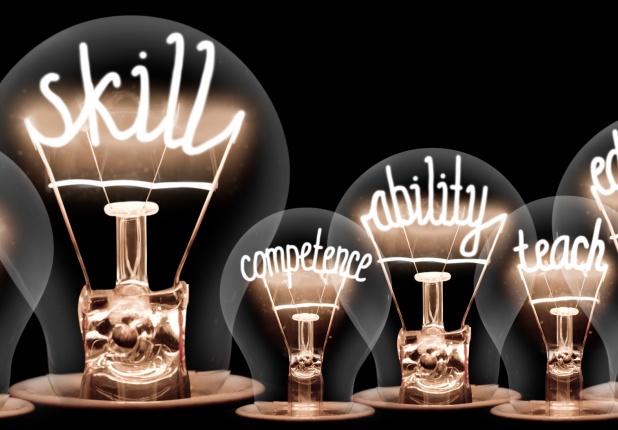ChatGPT and E-Discovery: Match Made in Heaven or Rocky Roads Ahead?
New technologies are being created and utilized every year. The most significant developments lately are the rise of chatbots - software applications that allow for online chat conversation via text or text-to-speech, without any direct contact with a human operator. Currently, the chatbot garnering the most attention is OpenAI’s ChatGPT program. This article will focus on this technology and how it works either for or against the E-Discovery review process.




